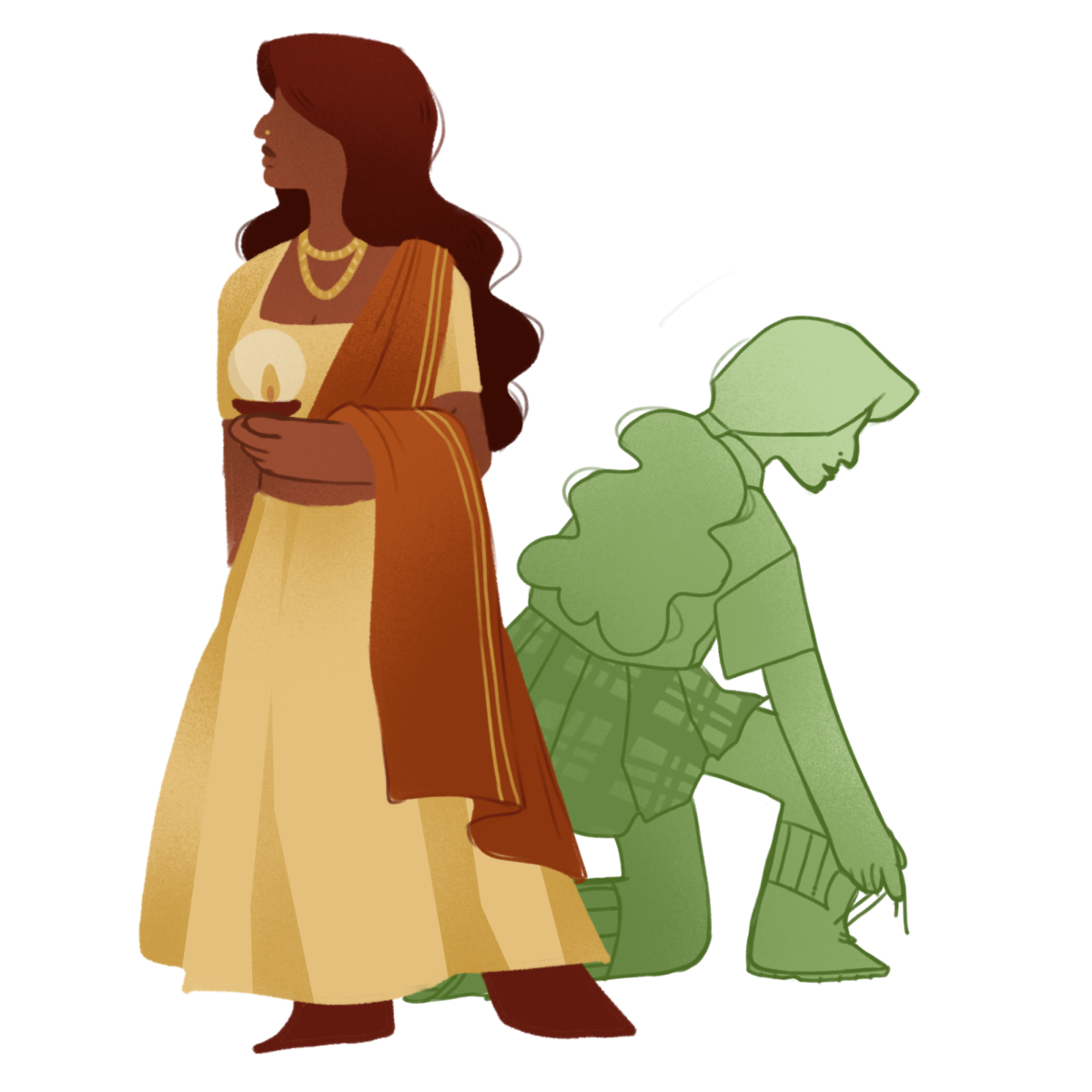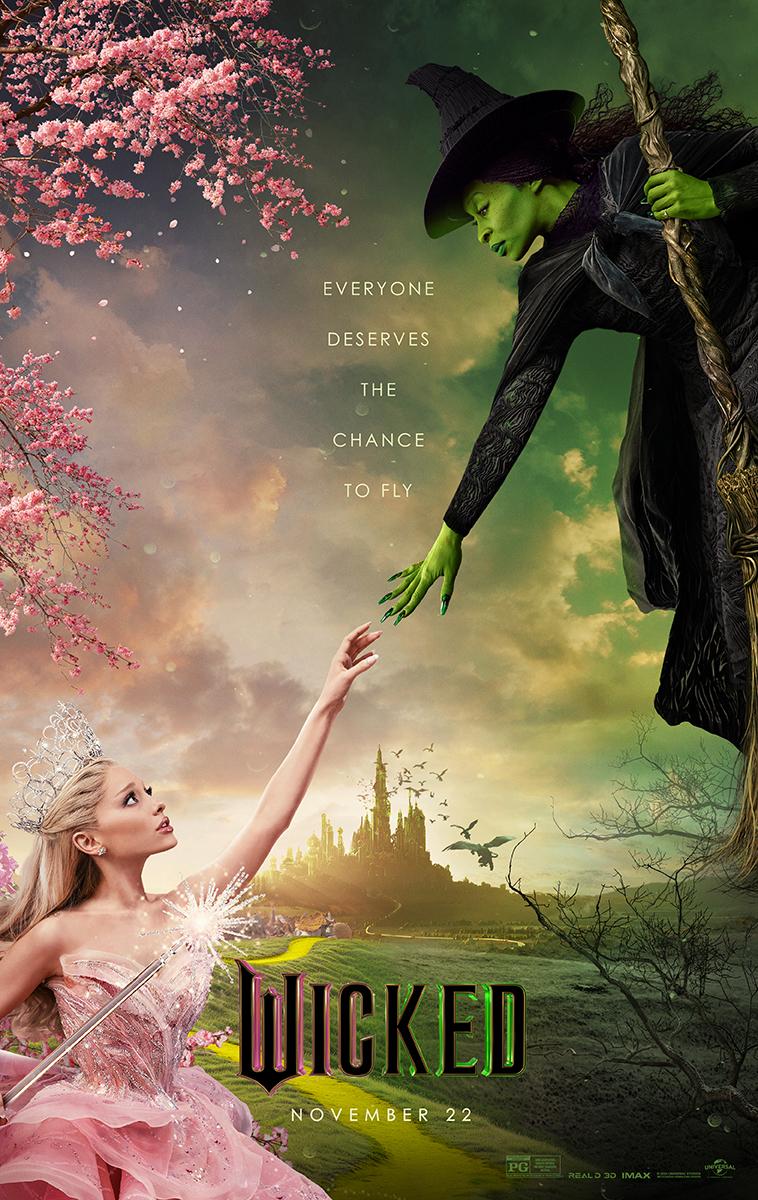Junior Elie MacAdams asks if technology is taking over our lives
I don’t have enough fingers to count the number of times I’ve seen people, distracted by their cellphones, walk into objects. It’s as if reality has become second in importance to us. In a society filled by phones and instant technology, who needs the real world?
I know I’m not the only one who’s intrigued by this issue of technology overrunning our lives. Albert Einstein predicted this issue before it even became apparent when he said, “I fear the day that technology will surpass our human interaction. The world will have a generation of idiots.”
Maybe this day has already arrived.
It’s interesting how as technology becomes smarter, human intelligence seems to decline more. Near the end of August, I read an article from the New Yorker written by Gary Shteyngart about a product called Google Glass. From pictures I’d seen, the Google product is essentially a wearable computer in the form of glasses, which look more like wrap-around-sunglasses than optic lenses. The glasses are connected to Google, so users can also host a “hangout,” or a live video call, while walking down the street.
What intrigued me about the article, rather than the new-fangled technology itself, was the glasses’ effect on Shteyngart, the article’s author. He wrote how the more he used the glasses, the more dependent he felt on technology and the more he felt himself slipping farther and farther away from reality. After about a week with the glasses, he felt bored with day-to-day life and found it hard to hold face-to-face conversations. Visits to museums wouldn’t be complete without a videochat via the glasses, but even at the museum he was more interested in the videochat than the artwork in front of him. Soon enough, the glasses began to give him a headache; however, he couldn’t stop using them—he had become addicted to the stimulation. Will the Google Glass become the universal signal for “I’m busy”?
One of the problems that became apparent through Shteyngart was the technological dependency. However, this isn’t just a problem for him—dependency on phones and social media has permeated most of the population. Preoccupied with all our new iPads and iPhones, good old-fashioned human interaction is beginning to become second in importance.
We all know proper email, phone and text etiquette. But I think most of us have forgotten about regular face-to-face, human interaction etiquette. We’ve forgotten how rude it is to be on our phones while with another person. So used to constant stimulation from technology, we can’t stand the idea of being in one place without doing two or more things at the same time. Google Glass might make the American public’s dependence on technology and social media even worse.
The Google Glass is set to become available to the public at the end of the year, at the earliest. I’m interested to see how the public will react. Einstein’s musings might just become reality–if they haven’t already.
-Elie MacAdams




